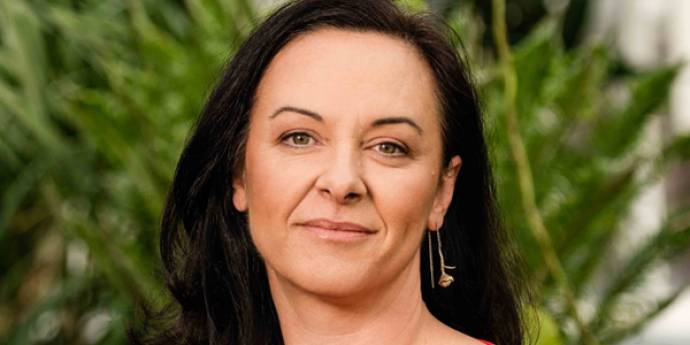Rethinking fees and levies: The case for balance and fairness
The IoD’s submission on MBIE’s review highlights pressure on not-for-profit boards and calls for fairer funding of enforcement activity.

We recently caught up with Paula Hellyer MInstD to discuss her intern role on the board of the Royal New Zealand Returned and Services Association. Paula is founder and director of creative agency Walsh & Beck, and sits on the Dunedin board of the New Zealand Masters Games. She is also a member of the Otago Southland branch of the IoD.
I got involved in governance to bring my skills and energy to organisations who I thought would benefit from my input, and to make a positive impact on those organisations. I’ve worked with many boards in my role as director of my own company, but with a young family I’ve only recently had the time to dedicate to governance.
Boards play such a pivotal role in charitable organisations such as the Royal New Zealand Returned and Services Association (RNZRSA). The RSA board is focused on ensuring that they can continue to provide support to veterans and their whānau, alongside advocacy and remembrance services.
For over 100 years the Royal New Zealand Returned and Services Association (RSA) has been supporting veterans and their families, and they’re still doing this very important work with the cohort of more recent veterans who have served in places like East Timor and Afghanistan. Many people don’t realise the need for support hasn’t stopped.
I had been working on a project filming with some of the younger veterans and had met members of the board. The internship programme had been established by the board, but they had yet to issue requests for applicants. It felt like a natural fit and an opportunity for me to get an understanding of governance before undertaking a board membership.
The RSA board internship position was established to encourage aspiring directors to engage with the organisation. The internship itself is new for the RSA and it demonstrates the board's willingness to look forward and to embrace new ideas.
The board has a strong military base, which provides a real connection for the membership and veterans. The fact that I have not served has provided the opportunity for independent, fresh thinking on certain aspects of their operations and has broadened their skill set as a board.
So I think, the position offers younger directors the opportunity to learn about the inner workings of the RSA through governance.
The RSA is facing some challenges in terms of how it adapts to its changing audiences, but the need for the organisation still exists. The challenge is getting the public to understand that the face of veterans has changed. In the past 30 years New Zealand has created an estimated 30,000 new veterans.
The RSA also recognises that service impacts these people beyond what is recognised by Veterans Affairs, for example those who responded to the Christchurch and Kaikoura earthquakes or MIQ where we do not yet know the long-term potential impacts on their health. Additionally, when these people leave the military they or their whānau may need support, and that’s one of the RSA’s core tasks.
The calibre of the board is impressive, including several highly decorated former military personnel. Having the opportunity to sit alongside and learn from these experience directors has been a real privilege.
The organisational structure of the RSA has a number of layers and includes over 100,00 members and 186 clubs. RSA members are passionate about the organisation and heavily involved in decision making, so understanding the structure and lines of reporting has been important and a good learning experience.
Also, gaining a deeper understanding of the financial aspects of running an NFP has also been beneficial.
Do your research. I attended an IoD webinar for those new to governance, which was helpful for identifying where to start. One of the recommendations was to work with organisations that you are passionate about, hence why I chose the RSA.
I also talked to a couple of experienced directors who provided guidance on how to best present my skill set in a governance framing, which was helpful especially when you’re starting out.
Being able to contribute your skills to an organisation that is making positive change is incredibly rewarding. If you have the time and are passionate about the board role both you and the organisation will benefit.